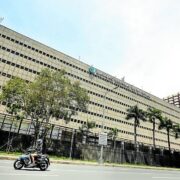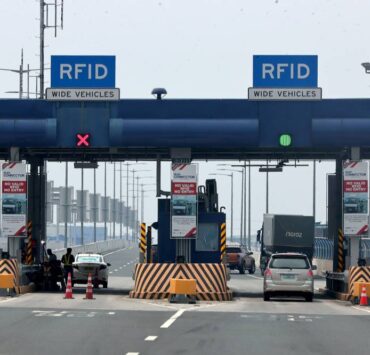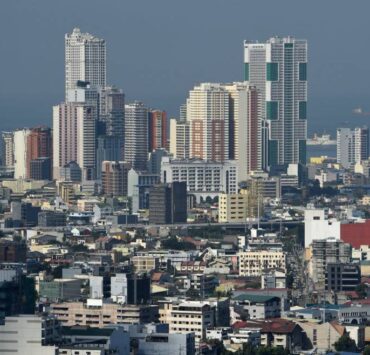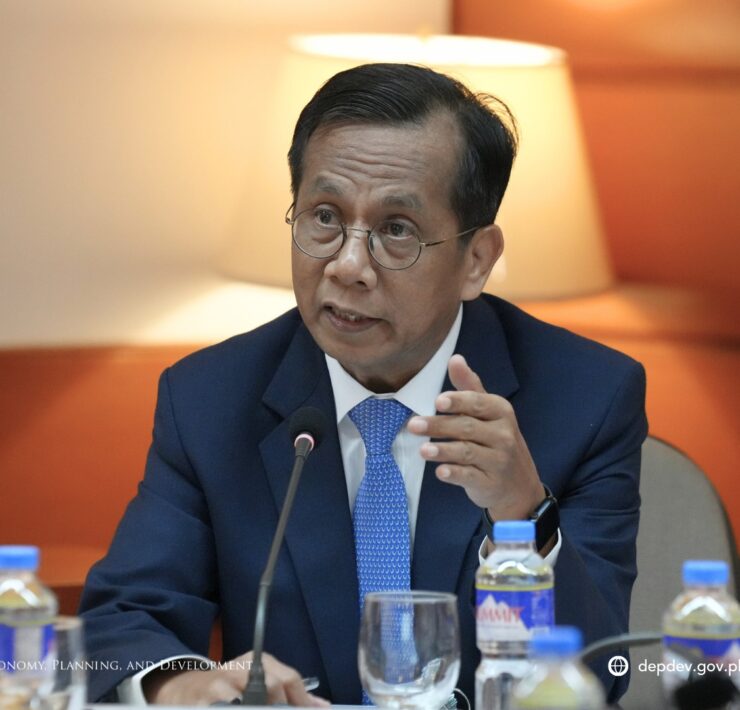Nomura: Rate cut likely as BSP may weigh flood probe fallout

The Bangko Sentral ng Pilipinas (BSP) may factor in the government’s widening corruption probe into flood control projects when it meets to set policy this week, as the scandal risks slowing public spending and weighing on economic growth, according to Nomura.
In a note to clients, the Japanese investment bank said the BSP may cut the key rate by a quarter point to 4.75 percent on Oct. 9, citing tame inflation that could give the policymakers enough room to shore up growth.
A rate cut would come as a widening probe into alleged graft in flood control contracts risks curbing infrastructure outlays—an area crucial to meeting the Marcos administration’s 5.5 to 6.5 percent growth target for 2025.
The government aims to keep infrastructure spending at 5 to 6 percent of gross domestic product.
“The ongoing controversy around flood-control projects will likely be assessed by BSP as potentially leading to a slowdown in government capex disbursements, therefore posing downside risks to the GDP growth outlook at a time when BSP still sees the output gap as negative,” Nomura wrote.
Still, market expectations are split.
Ten out of 16 economists surveyed by the Inquirer last week projected the Monetary Board to keep the overnight borrowing rate that banks use as a guide when pricing loans to 5 percent when the policymaking body meets on Thursday.
A decision to stand pat would mark a pause in an easing cycle that began in August last year, during which the central bank lowered rates by a total of 1.5 percentage points.
At its most recent meeting in August, when the BSP cut by a quarter point, Governor Eli Remolona Jr. said monetary policy was in a “sweet spot”—neither too low to fuel inflation nor too high to choke growth.
Since then, markets have increasingly expected the easing cycle to near its end, though Remolona has left the door open to another reduction later this year if demand falters.
Close call
For Nomura, this week’s decision could be a close call.
“We assign a 60 percent likelihood to our forecast and 40 percent to BSP leaving the policy rate unchanged, taking into account BSP’s previous ‘goldilocks’ signal and the possibility that BSP could adopt a wait-and-see approach to assess the downside risks to growth, citing elevated uncertainty,” it added.
At a press conference on Monday, Secretary Arsenio Balisacan of the Department of Economy, Planning and Development downplayed the potential drag from reduced state spending, noting that the economy remains largely driven by private demand.
“Our economy is very much a private economy. Government spending contributes about 15 percent or so to the economy,” Balisacan said, adding that the weakness seen in the last two quarters was “not entirely due to domestic factors” but largely because “the global economy has deteriorated.”
Budget Assistant Secretary Romeo Matthew Balanquit told the same news briefing that the “worry of underspending is not really there.”
“We still have accounts payable, meaning those projects that were already finished in the previous year, and we have to pay them,” Balanquit said. “Meaning we will never really lose any reason for where to spend our money, because we have many, many things to fund in the end.”





















